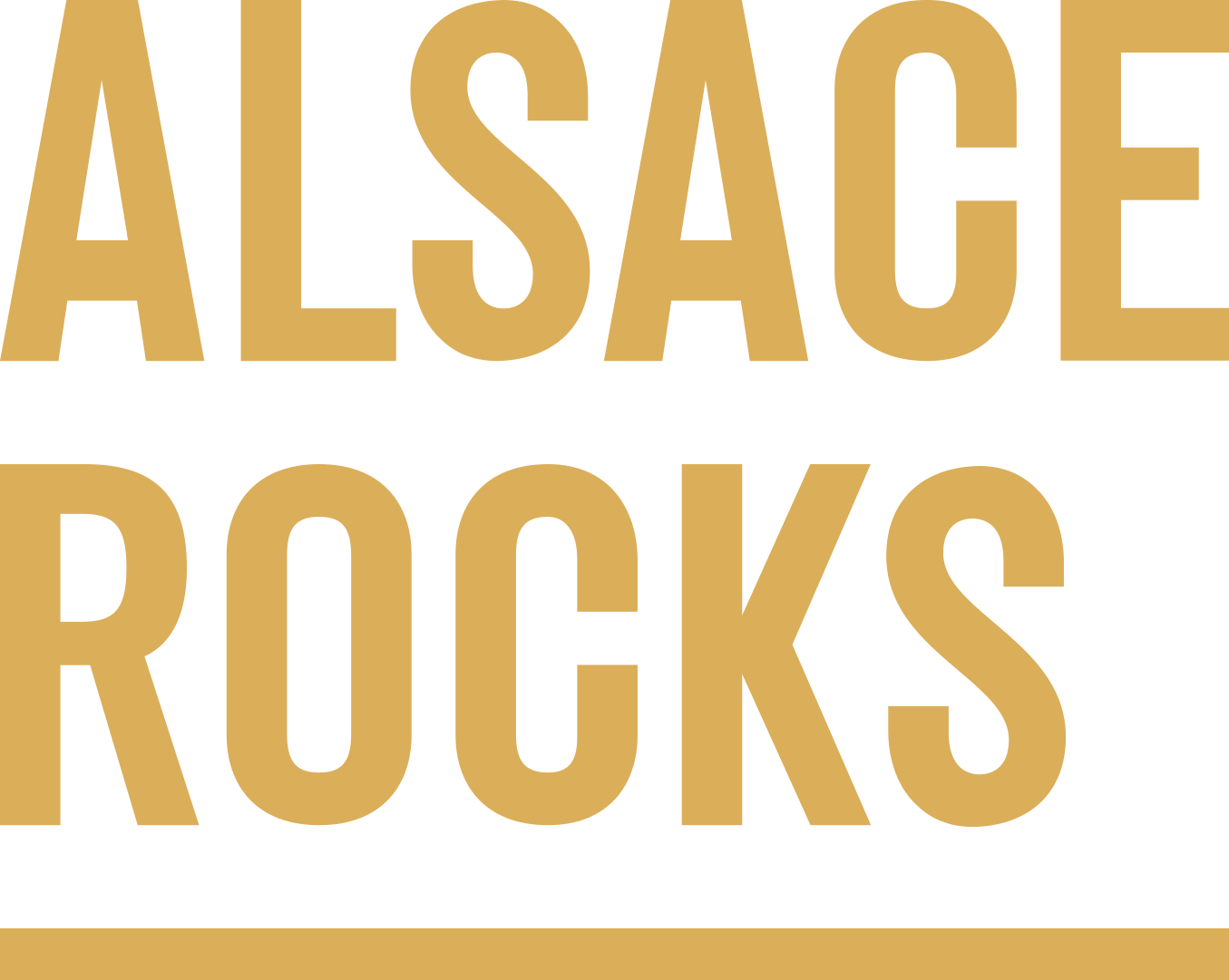Winemakers like to call pinot noir the headache grape. Fickle and persnickety, it requires a near-perfect blend of terroir to coax out its alluring combination of silky, fine tannins, balanced acidity and signature earthiness. Too warm a climate (or too heavy a hand in the cellar), and pinot can take on the character of a bigger red like cab; too humid in the vineyards and its delicate thin skin can take on rot and mold. But when it’s good, it’s oh so good.
Equally headache-inducing to making pinot noir can be finding a bottle that suits your wine style. Even without the parameters of so-called “varietally-correct” pinot there are variations in levels of acidity, tannins, fruit and body. With the disclaimer that it’s impossible to make broad sweeping generalizations about every bottle from a particular region, here are some guidelines for finding your perfect pinot.
ALSACE
There is no longer a single style of pinot noir in this French region, according to Thomas Schlumberger, CEO and winemaker at Domaines Schlumberger, though most of the time wines display a similar aromatic character with dominant fruits like cherry, blueberry, blackberry and blackcurrant and a soft floral note. “It is an easy-going wine and can reach an intense concentration, [yet] is very elegant and not over-extracted or too powerful.” Earthiness can be pronounced, especially if the grapes are grown on limestone soils. “Alsace pinot isn’t for cab drinkers,” says winemaker Jean-Frederic Hugel of Famille Hugel. “[It’s] for those who understand a bigger wine isn’t necessarily a better wine.” Initial fruitiness in their youth can turn to earthiness after three to five years of aging, allowing for an intriguing evolution.
Domaine Schlumberger Les Princes Abbes Pinot Noir 2017 ($19), with blueberry, blackberry and a hint of rose on the nose, bright and fresh flavors in line with the aromas, a slightly astringent mouthfeel and a delicate, elegant, freshy and lengthy finish.
Domaine Pfister Pinot Noir 2017 ($30), “aged in stainless steel, an exuberant and supple wine that’s easy to pair with charcuteries and BBQ,” says owner and winemaker Mélanie Pfister.
Domaine Emile Beyer Lieu-Dit Sundel Pinot Noir 2018 ($45): “Delicate strawberry, raspberry and red cherry notes on the nose, fine power and juicy fruit with well-blended tannins and a long salty acidity,” according to winemaker Christian Beyer Pair it with venison, rib steak or veal tenderloin with chanterelles.
